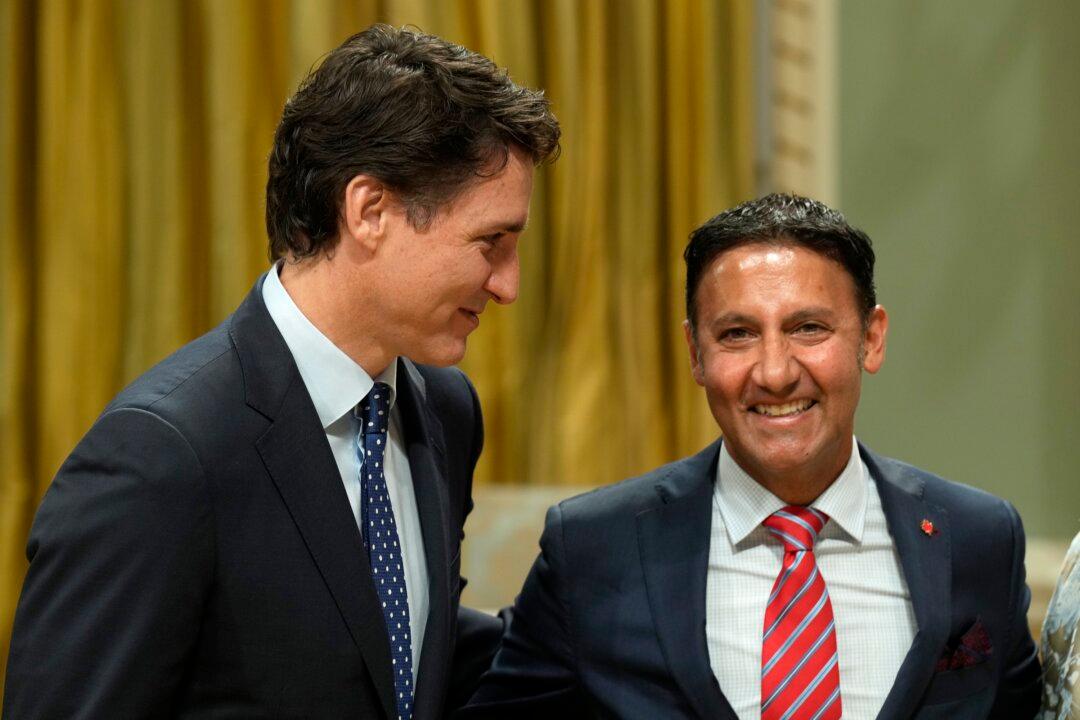A few days after being promoted to one of the most important posts in the country, new justice minister and attorney general Arif Virani said it is unlikely Canadians are more at risk from crime, even as a new statistical report points to an increase in violent crime in Canada.
On July 31, Mr. Virani told Reuters he thinks “empirically it’s unlikely” Canada is becoming less safe.





